Introduction
If you've ever binge-watched romantic K-Dramas, then you've probably gone through these two conflicting emotions: first, you were charmed, your heart racing with each cute scene, and then, after a while, you became a bit tired and bored by the same old beats.
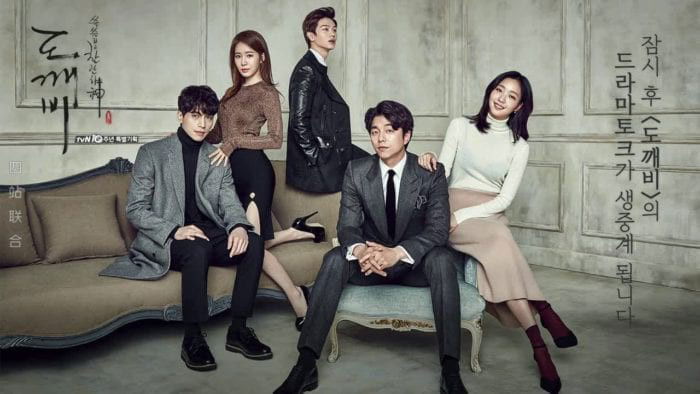
It's like a long relationship that eventually falls into a routine and becomes boring: early on, it's all very new, but, with time, it all feels more of the same, and there's nothing new to keep you engaged.
But why does that happen? And, at the same time, why do we keep watching and still nurture so much love for these shows, even though we already know by heart many of the plot devices they use?
Let's discuss the two sides of this coin.
Charm Gives Way to Exhaustion
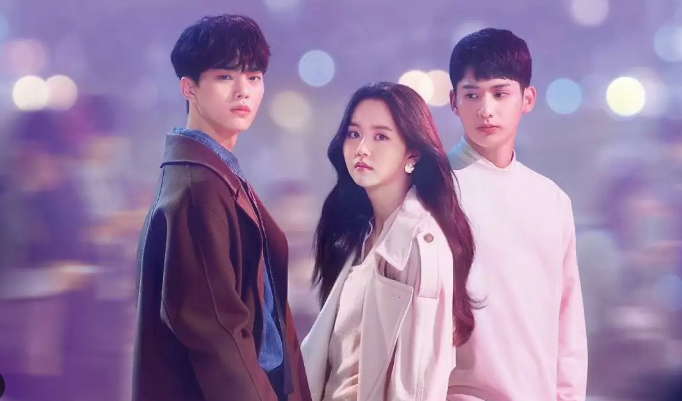
Predictable Cliches
Nearly all K-Dramas feature a moment in which the main couple accidentally touch each other's hands or a scene in which they "almost kiss" but are interrupted by something or someone and the moment is ruined. In Boys Over Flowers, for instance, this happens so many times we start waiting for it.
Early on, this might be fun, but, after watching several of these shows, we just start predicting when this will happen. This makes these scenes a bit less exciting and kills the butterflies we should feel in our stomachs when they happen because we are already expecting them. And, with this feeling gone, these scenes just feel a bit empty.
Stereotypical Characters
The classic "cold, arrogant CEO" who only falls in love with the "simple, hardworking girl" works, but if it happens constantly, like it does in most K-Dramas, it's just exhausting. In The Heirs, that's what happens: Kim Tan, the rich heir, gets involved with Eun-sang, the humble girl.
They have chemistry, but their stereotypes are so restrictive that they end up less complex and aren't developed properly. These characters need real dilemmas and layers to not become caricatures of themselves.
Many viewers today want characters who are less stereotypical and more natural, with real flaws. After all, even with romances, we want to feel the story could really happen.
Drawn-Out Pacing
How many times have you thought, "this problem could be solved in three episodes instead of ten," when watching these shows?
Many of them drag on simple plots with unnecessary repetitive beats and drawn-out storylines. The result is that we, the viewers, can feel the story dragging on and ourselves getting dragged on with it. We end up losing part of the interest we had for the main cast, which was what motivated us to see the show to begin with.
This happens in Playful Kiss. Ha-ni and Seung-jo's romance could have been more straightforward, as part of the public really didn't like how it all played out and were just annoyed by the end.
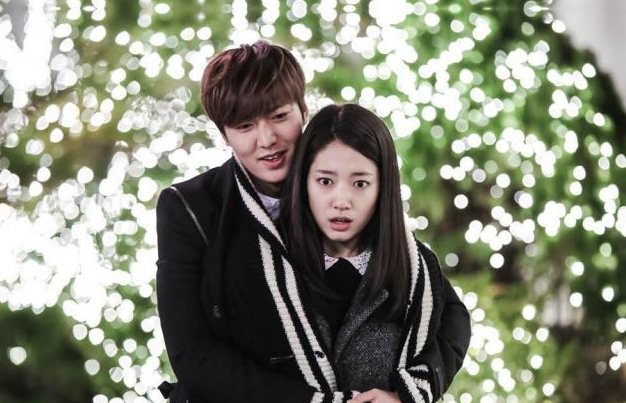
Forced Conflicts
Families that hate the relationship between the main characters, cartoonish villains, or secrets kept by pure stubbornness are common resources writers use to keep protagonists apart. However, when these obstacles don't really hold any weight, they just feel superficial.
Some characters hide important details just to stretch the plot and make it clear for us, the viewers, that this obstacle isn't a natural part of the story but just a necessary device to delay the relationship. And nothing is more annoying than a senseless conflict that could be solved easily and only exists to keep the couple apart.
A good example of that is what happens in Love Alarm. Some viewers thought many of JoJo's problems could be solved faster if she just sat down with a therapist for a nice talk.
Characters Switching Up Personalities
This is a really annoying phenomenon that happens in K-Dramas. Sometimes, a character who was shown as loyal, sincere, and communicative suddenly doesn't mention something critical not because it makes sense for them but because the writers want to stretch out the plot or drive something forward. This illogical change in their personalities is clear to the viewers and only makes them frustrated because it feels artificial. It feels like the writers just needed to change the character to fit that particular moment.
In Nevertheless, Jae-eon is shown as manipulative and seductive but eventually becomes vulnerable and sincere for no reason, and there is no actual transition. As for Na-bi, who at first is very logical, she eventually contradicts herself multiple times so the writers can justify her falling back into the romance again and again. And these incoherent beats only frustrate audiences, as they no longer trust that character to act as they should.
Rushed Endings
After many unnecessarily drawn-out episodes, the last episode comes along, and, in fifteen minutes, everything is solved: we get confessions, forgiveness, weddings, a kiss, and that's it. This type of ending just makes us feel as if we've waited a long time for a whole lot of nothing.
A good example of that is A Virtuous Business, in which a big problem is introduced at the very end, and the writers don't show the viewers how it is solved. They just skip ahead in time to when the protagonist is already successful. For those who were following along since the very beginning and wanted to see her grow, it was just frustrating. We wanted to see her become a successful businesswoman.
Why Do We Keep Watching?
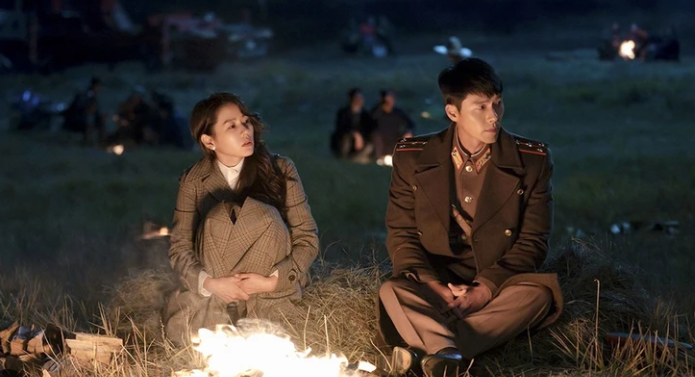
This is the most curious part of it all: despite all these issues, these shows remain popular. Not only popular, in fact. They are still beloved by everyone who consumes them.
Despite the predictable formulas that annoy and even frustrate audiences, there is a reason why these romances are still successful.
The Comfort Behind Knowing and the Familiar
Predictable Plotlines Are Comfortable
Knowing that, ultimately, the main couple will be together without a shadow of a doubt is nearly therapeutic. In a chaotic world full of uncertainty, diving deep into a story where love always wins and everything always ends well is comforting. This "guaranteed happy ending" is an oasis in the middle of all the anxiety of real life.
In Crash Landing On You, we all knew Yoon Se-ri and Ri Jeong-hyeok would figure out a way to meet despite their political obstacles. This predictable ending wasn't a flaw but a promise that "all's well that ends well".
Fantasy as An Escape
K-Dramas are beautiful. The costumes, the backgrounds, the soundtrack. Everything is carefully designed to create an enticing atmosphere for its viewers. Even if the plot is a bit repetitive, we are charmed by the visuals and the emotions shown on screen. It's like always coming back to the same place again and again but never getting tired of it because it is warm, cozy, and welcoming.
Goblin is a great example of that: even when the plot drags on, we can't help but get distracted by the beautiful cinematography and the nearly magical atmosphere. The aesthetics are an emotional escape that, instead of annoying, is pleasing to the senses.
Archetypes that Work
The "rich, arrogant male protagonist" and the "hardworking female protagonist" are cliches, but they are also easy to identify. This means any person, anywhere in the world, can follow the plot and project themselves onto it. And even though it is repetitive, it's like meeting someone we see every day or looking at ourselves constantly.
In Secret Garden, this happens in a rather creative way: the CEO Joo-won and the body double Ra-im switch bodies, which makes the usual charming prince/simple heroine plot a bit more interesting.
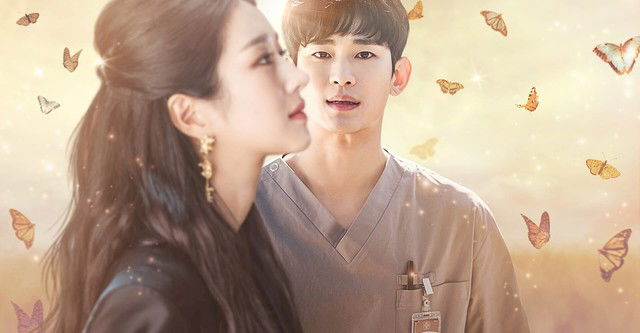
The Value of Purity
While many Western productions go straight into explicit scenes, K-Dramas work with subtle gestures and relaxed pacing: a long look, a hand touch, a tight hug. This delicate approach charms many precisely because it conveys a lot without showing everything or relying on just the physical part of the romance. And it shows that love is also, and maybe even more, in small gestures, moments, and memories.
In It's Okay Not to Be Okay, the romance thrives in how Moon-young and Gang-tae are vulnerable and careful with each other. And that's the type of delicate storyline that many fans love.
Emotional Connection
Despite its occasionally exaggerated beats, K-Dramas explore universal emotions: insecurity, the fear of not being loved, or the courage to face social or family obstacles for love. These themes are part of real life and, as a result, easily move any audience. Knowing that, despite the differences between our cultures, we are all the same and face similar struggles when it comes to matters of the heart is incredible.
In True Beauty, we follow Lim Ju-kyung as she deals with image issues, insecurity, and her first love. She is always ridiculed for her looks and tries to use something many girls can use (makeup) to change her perception of herself and improve her self-esteem.
All girls can relate to feeling ugly in front of the mirror and constantly comparing themselves to other girls. That makes us identify with Lim, and it's the beauty of this show, no pun intended.
Community and Nostalgia
Watching K-Dramas is not just an individual experience. If you enjoy these shows, you can take part in online forums and groups and enjoy memes, soundtrack playlists, and a lot more. If you're part of this community, you want to share your opinion with another friend who also watched that show or the people you meet every day who also happen to like K-Dramas. This makes us feel like we belong somewhere. Furthermore, rewatching a K-Drama full of cliches often brings back many good memories and emotions. There is a reason the warm hug of nostalgia is so appealing.
Descendants of the Sun was a global phenomenon not just because of the love story between Captain Yoo Shi-jin and Kang Mo-yeon, but also because of its cultural impact. It even aired in North Korea, so it was incredibly impactful for South Korea both economically and culturally.
And, In the End...
What seems contradictory is, actually, the essence of romantic K-Dramas: they are, at the same time, charming and exhausting.
They are exhausting because they sometimes rely too much on formulas and repeat stereotypes or create unnecessary conflicts and even sacrifice how consistent each character is to drive the plot forward. But they charm us because they deliver what they promise: love, emotional connection, beauty, and heartwarming endings.
Maybe it's precisely because of this that they have survived this long: the combination of familiarity and emotion. Something that, despite repetitive, keeps deeply moving audiences across the world.
What about you? When you watch a romantic K-Drama, do you feel charmed by the comfortable, familiar stories, or do you just get exhausted with the same old formula?
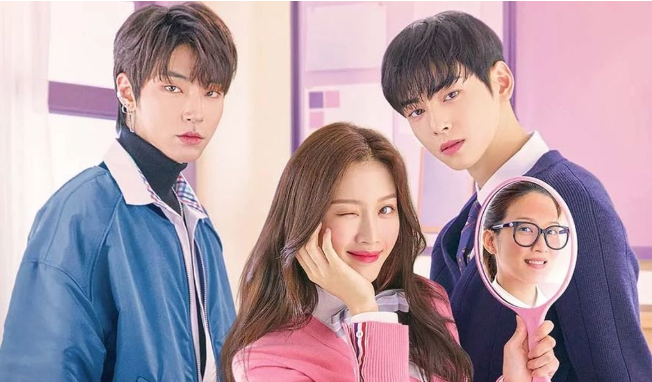
Thank you for reading, and see you next time!








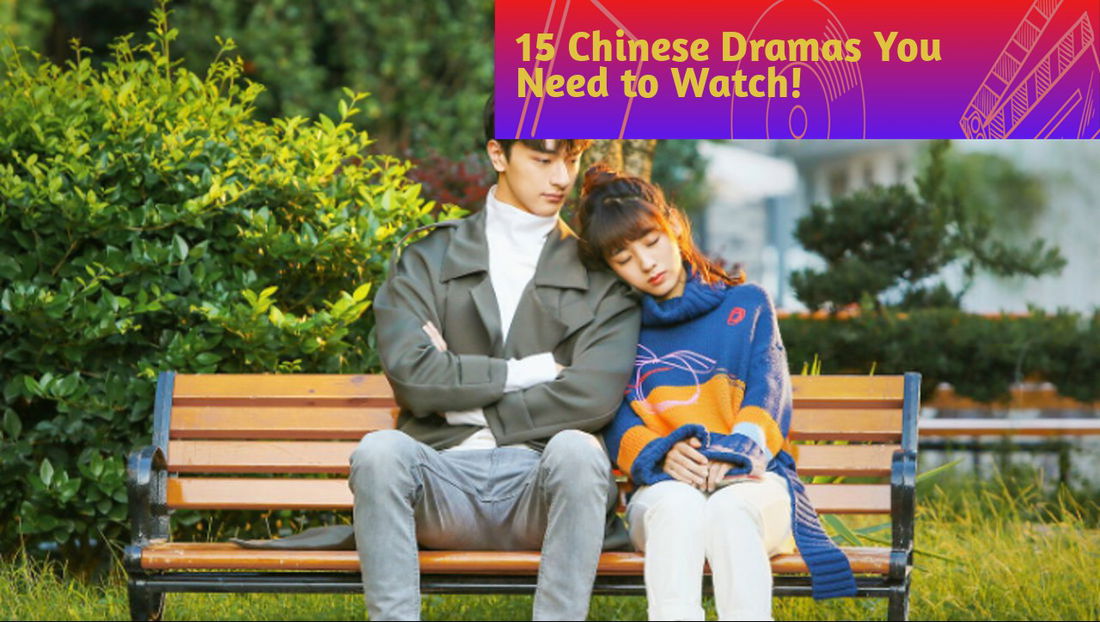



— commentaires 0
, Réactions 1
Soyez le premier à commenter